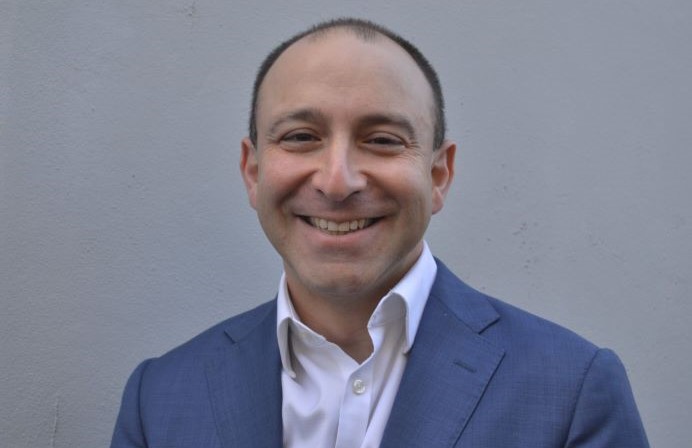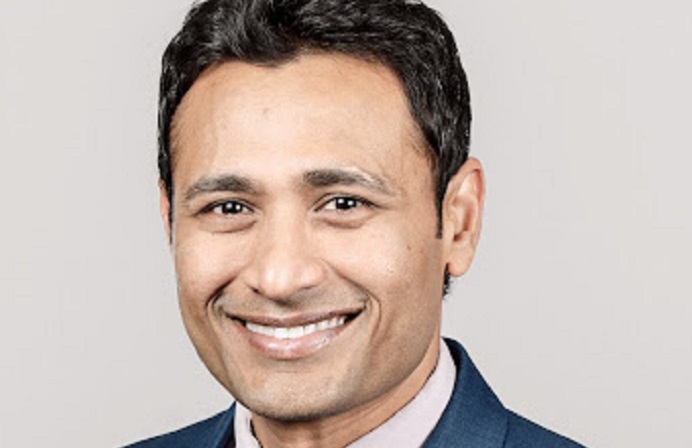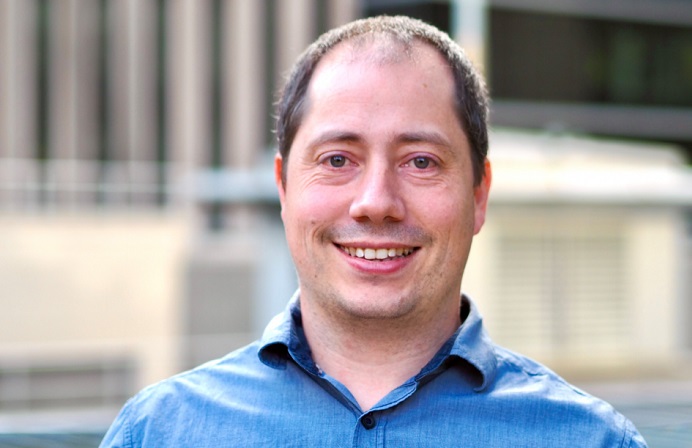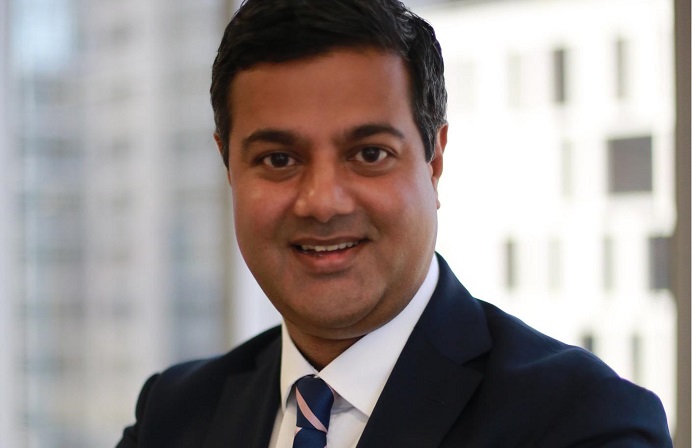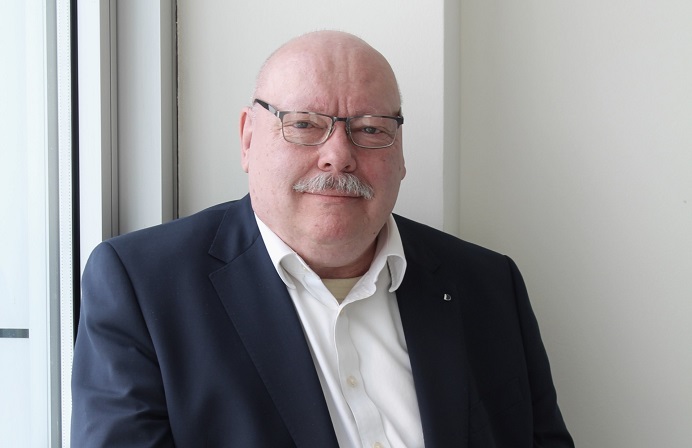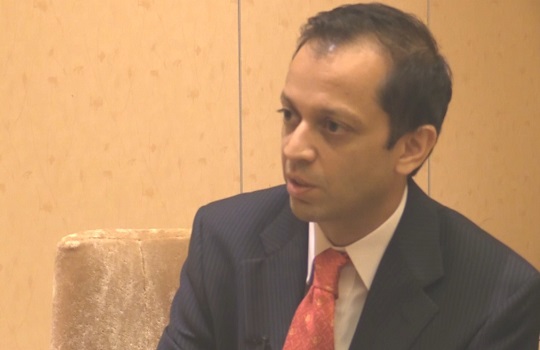
MetLife Asia’s Chief Innovation Officer speaks to FST Media about the challenges of implementing wearable devices.
FST Media: What key factors influenced your decision to move to the financial services sector?
Zaman: As the Chief Innovation Officer for MetLife in Asia, I came from the technology industry into the financial services industry to try to think differently about what kind of business models we can innovate within the insurance market place.
FST Media: What was the most challenging aspect of this industry move?
Zaman: I was asked to become the Chief Innovation Officer for a Fortune40 Financial Services company to build an innovation centre in Singapore. When Metlife described the role to me, they said they needed a key team member who could think about data and analytics in terms of new business models and focusing on the customer. A key challenge for me in this role was to not be impeded by the way in which the insurance industry has institutionally thought about these problems surrounding new business models and customer solutions. Although I am new to financial services, I am really excited about the opportunity to use fresh thinking and lend insights. As part of the future lab, we will be working on solving new problems of the customers of insurance companies.
FST Media: What role does the Chief Innovation Officer play at MetLife?
Zaman: The role of the Chief Innovation Officer is to create an innovation centre to find disruptive new businesses and to launch them in our company. We have just started here at MetLife. I have been in the financial services industry for only sixty days, and what we are going to do is to try to canvass ideas from the community and from within MetLife to solve customer needs from the Asian experience.
FST Media: What is your strategy for meeting the rising demands of customers across Asia Pacific?
Zaman: Consumer expectations are rising all across the world, but particularly in Asia. From a market perspective, Asian countries are very different from the rest of the world, and in fact, they are precursors for how other countries will proceed in financial services. As a result, I believe that there will be an ‘Asiafication of Insurance’ where the insurance products we offer will need to adapt to the Asian way of life. We are more mobile in Asia, we are focused more on food, the family structures are different, and that Asian lifestyle gives rise to a new array of jobs in the market. The insurance company that can react effectively to those rising consumer expectations in Asia will be the one that is most successful.
FST Media: What challenges lie ahead in the implementation of wearable technology?
Zaman: I find wearable technology to be very interesting and we are just looking at the first generation of devices. What we typically do with these devices now are primarily simple tasks like measuring the duration of our sleep cycles or how many steps we take on a daily basis. I believe there is great opportunity for innovation in this space. What if we had smart tattoos that could measure vital signs of the human body, that could be programmed to help deliver medicine to you at the right time or when you need it most. This would solve so many problems around how we can work to make sure that individuals take their medications when required and it would be much easier to wear than these clunky bracelets. There are a lot of opportunities as we think about the potential wearables in the long-term, not just in terms of bracelets, but as smart tattoos as well as our clothes which may eventually become sensors too.
FST Media: How significant is the role of technology in your own day to day life?
Zaman: I see technology as an enabler, both in terms of getting things done and in terms of giving me the opportunity to connect. We interact with each other primarily in the physical space, but this is steadily changing and it is the technology in our pocket that is driving those changes and enhancing our daily interactions.
FST Media: Every leader has a legacy they wish to be remembered for. What’s yours?
Zaman: I want to be remembered for having discovered an idea that really changed the way that we think about some of the major problems that Metlife are solving in the insurance space. This could be anything from enhancing the health and wellness of our society to allowing our customers to have greater fulfilment and provide more opportunities regarding their general well-being. I want to be remembered for how, as a team, we solved one of these major issues that our society is faced with today.

